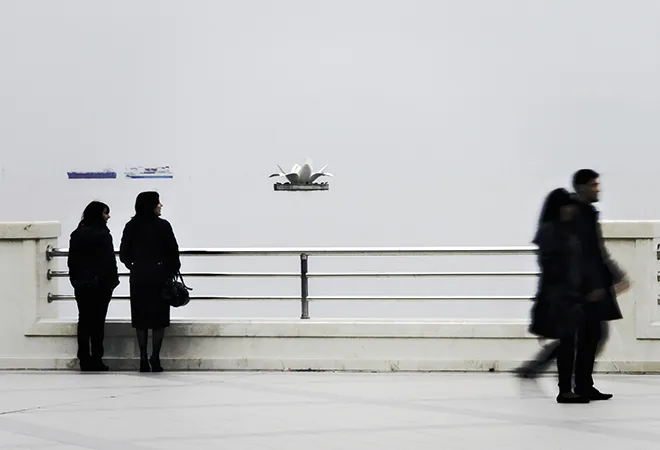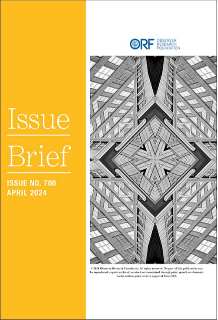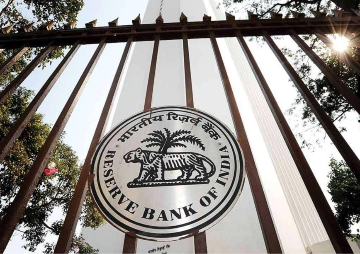
A recent trip by Minister of External Affairs Sushma Swaraj to Azerbaijan, in the backdrop of the mid-term ministerial meeting of the Non–Aligned Movement countries, seems like a trip long pending to this pristine country in the South Caucasus. Baku, its capital, a historical and breath-taking city on the banks of the Caspian Sea, is actually a few metres below sea level, and therefore, given to harsh winds. (Interestingly, Baku is derived from the Persian name of the city Bād-kube, meaning “Wind-pounded city.”)
However, the political and commercial winds blowing through Baku have had very little to do with India, even if for a rare mention through the late 1990’s or the first decade of the 21st century.
When a strategically located, $170 billion (PPP) GDP economy, with substantial oil reserves, ranks low on your diplomacy index and supports your neighbours’ claim on Kashmir, going in so far as calling out for “reduction of Indian excesses in Indian occupied Kashmir,” there is a problem.
Though the period of 2000-2010 had a few senior ministers like Mani Shankar Aiyer and Kapil Sibal reach out with various delegations and platforms, Azerbaijan never really figured even in the second orbit of India’s foreign policy outreach.
Bilateral trade between India and Azerbaijan, however, is a different story. It shot up almost 10 times from 2005 to 2017 (From about $50 million to close to half a billion USD in 2017). This jump in bilateral trade coincided with the opening of the Baku-Tbilisi-Ceyhan (BTC) oil pipeline to the Mediterranean port in 2007, from where Indian oil companies have been buying substantive quantities of crude oil (ONGC Videsh is an investor in the BTC). Naturally, the nature of the bilateral trade between the two countries has largely been hydrocarbons with India being but a minor exporter of anything worthwhile. Rice, beef and tea figure in some of the key exports of India to Azerbaijan. And this is set to change. Hopefully.
Logistical complexity between India and Azerbaijan were a large issue in the setting up of a trade foundation or exploring synergies between the two. The NSTC (North–South Trade Corridor), amongst other wins, is a huge impetus to correcting the fundamentals between the two nations.
 Source: Wiki Commons
Source: Wiki Commons
The North–South Transport Corridor (NSTC) is a multi-mode network of ship, rail, and road route for moving freight between India, Iran, Afghanistan, Armenia, Azerbaijan and Russia.
The route primarily involves moving freight from India, Iran, Azerbaijan and Russia via ship, rail and road. The objective of the corridor is to increase trade connectivity between major cities such as Mumbai, Moscow, Tehran, Baku etc. Once complete, the route is set to drastically reduce transport times between India and Azerbaijan. For context, the route by-passes the Suez Canal ensuring Indian products can reach St. Petersburg in Russia in just 14 days. At present, this is a 42 day journey, skirting North Africa and Europe.
This NSTC, once completed, atleast on the Iran-Azerbaijan leg, will have Indian ports linked with Azerbaijan via Iran (Chabahar Port) providing a smoother logistics experience for suppliers at far lesser costs. A study says that the new route will reduce distances by 40% and costs by 30%.
Three sectors which have substantial potential between the two countries are the food processing, pharma and technology. India’s expertise in the same can have huge play. As Azerbaijan looks at diversifying its hydrocarbon dependence, India can play a very enabling role in partnering them for the same.
The other part is the sheer romanticism that Azerbaijan holds in the minds of Indian historians, for being part of the Grand Trunk Road.
Centuries earlier, Indians involved in trading with the Caspian region were a regular feature in Azerbaijan. In Baku, Indian merchants from Punjab had substantial control of the commercial economy. Much of the woodwork for ships on the Caspian was also done by Indian craftsmen. Cultural influences and remnants in the country are quite a sight to behold. One of them is the “Fire Temple of Baku” (Baku Ateshgah), a castle-like religious temple just outside of Baku.
A multi religious temple, at different points in time it was used as a Hindu, Sikh and Zoarastrian place of worship. “Atash” is the Persian word for fire. The complex, which has a courtyard surrounded by cells for monks and an altar in the middle, was built during the 17th and 18th centuries (Probably abandoned in the late 19th century due to the dwindling of the Indian population in the area). The temple has inscriptions in Sanskrit and Punjabi and state it was built and consecrated for Jwala Ji, the Hindu fire deity.
Surprisingly, this temple bears strong resemblance to the temple of Jawalamukhi, in the Kangra district of Himachal Pradesh. Some scholars state that the Jwala Ji devotees used to refer to the Kangra shrine as the 'smaller Jwala Ji' and the Baku shrine as the 'greater Jwala Ji'. Other deities mentioned in the inscriptions include Ganesha and Shiva. The Punjabi language inscriptions are quotations from the Adi Granth, while some of the Sanskrit ones are drawn from the Sat Sri Ganesaya namah text.
The cultural affinity is also evident when world renowned Azerbaijani poet Nizami Ganjavi had a profound influence on eminent Indian poets like Amir Khusrau.
For the synergies they hold, India and Azerbaijan can go the extra mile in trade soon, and resolve diplomatic roadblocks later. India’s diplomatic relations with Armenia are as much a sore point as Azerbaijan’s sympathy for Pakistani sentiments in Kashmir.
Though at this moment, Pakistan seems strangely closer to Azerbaijan, it’s only a matter of time before this unnatural alliance comes apart. Azerbaijan and Pakistan have a unique political relationship that has surpassed territorial boundaries and geographical distances. Though India and Pakistan was among the first states to recognise Azerbaijan’s independence following the 1991 Soviet collapse, Pakistan is the only country that has not established diplomatic relations with Baku’s main foe, Armenia.
Trade triumphs all. India should focus on that.
The views expressed above belong to the author(s). ORF research and analyses now available on Telegram! Click here to access our curated content — blogs, longforms and interviews.




 Source: Wiki Commons
Source: Wiki Commons PREV
PREV


